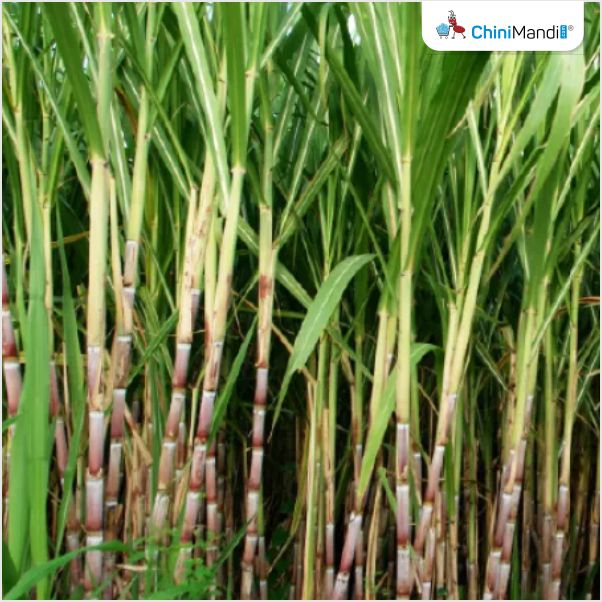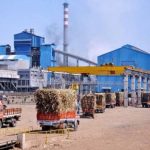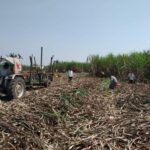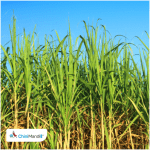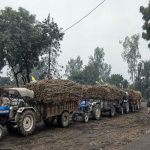Bacolod City: Agriculture Secretary Francisco Tiu Laurel Jr. on Thursday announced that the national government has approved PHP10 million in pesticide assistance to help control the growing infestation of red-striped soft scale insects (RSSI) in sugarcane farms, primarily in Negros Island, reports Philippine News Agency.
Speaking during the launch of the “Benteng Bigas Meron (BBM) Na” program offering rice at PHP20 per kilo, Tiu Laurel said the Sugar Regulatory Administration (SRA) has already procured the needed pesticide. He assured that the government will provide any additional support required by the SRA and farmers in Negros.
“The budget is already there, and the SRA has procured the pesticide being used. Whatever further help is needed, we’ll give it,” he said.
Tiu Laurel added that he is personally inspecting affected sugarcane farms in Negros Occidental. He emphasized the strict enforcement of quarantine rules, especially regarding the transport of sugarcane planting materials without proper permits.
“This movement without permits is not allowed, and we are cracking down on it,” he warned, adding that intelligence and enforcement units are investigating the source of the infected cane.
The RSSI pest was first reported in Luzon in 2022 and was brought under control by 2024. However, the insects reappeared in Negros Island in March this year.
SRA Administrator Pablo Luis Azcona, in a separate interview, stressed the urgency of the situation, saying Negros is the country’s main sugar-producing region.
“We must stop the infestation. Negros accounts for the majority of the country’s sugar supply. We have 250,000 hectares of sugarcane, and already about 500 hectares have been infected,” he said.
Azcona warned that a severe outbreak could reduce sugar production by half. “We hope to contain it quickly. With the milling season almost over, the movement of sugarcane is already limited, which helps us respond better,” he said.
According to SRA data, at least 13 cities and towns in Negros Occidental have reported cases of RSSI infestation. The pest was first spotted at the end of March in northern Negros, and an official outbreak was declared on May 22 when it spread to over 87 hectares.
The affected area grew rapidly—from 191 hectares by May 26, to 255 hectares on May 28, and 424.82 hectares by May 30. As of June 2, a total of 546.10 hectares had been impacted.
Earlier this week, a team from the Department of Agriculture’s Bureau of Plant Industry, in coordination with the SRA and the Office of the Provincial Agriculturist, began field inspections in northern Negros—the area most affected by the pest.

